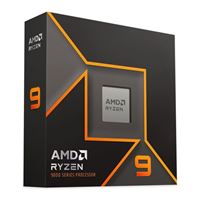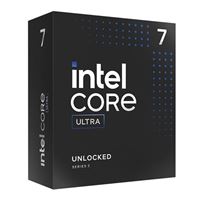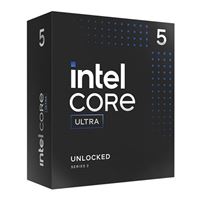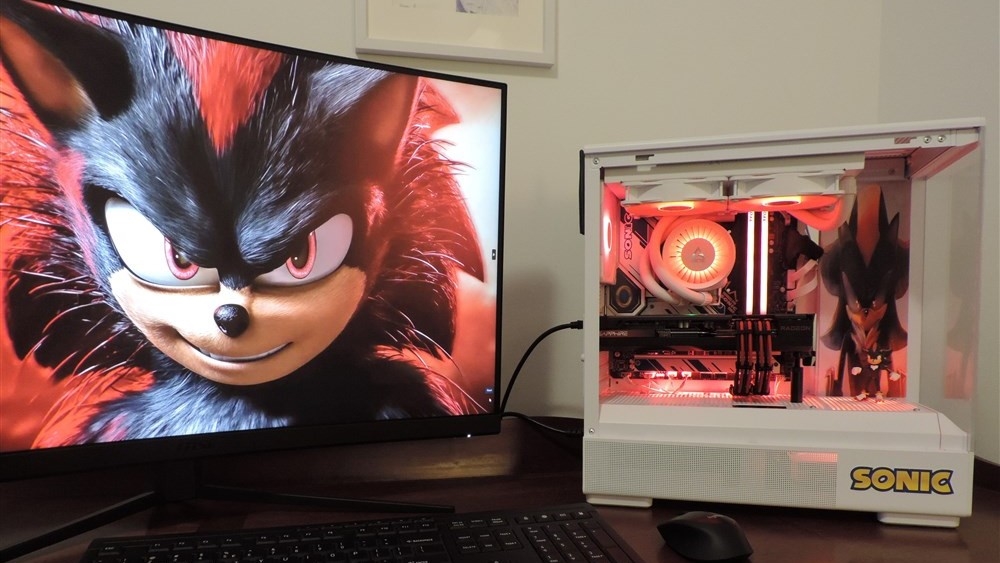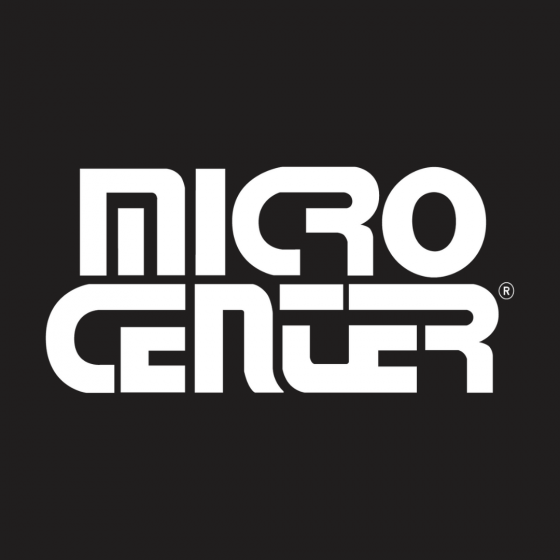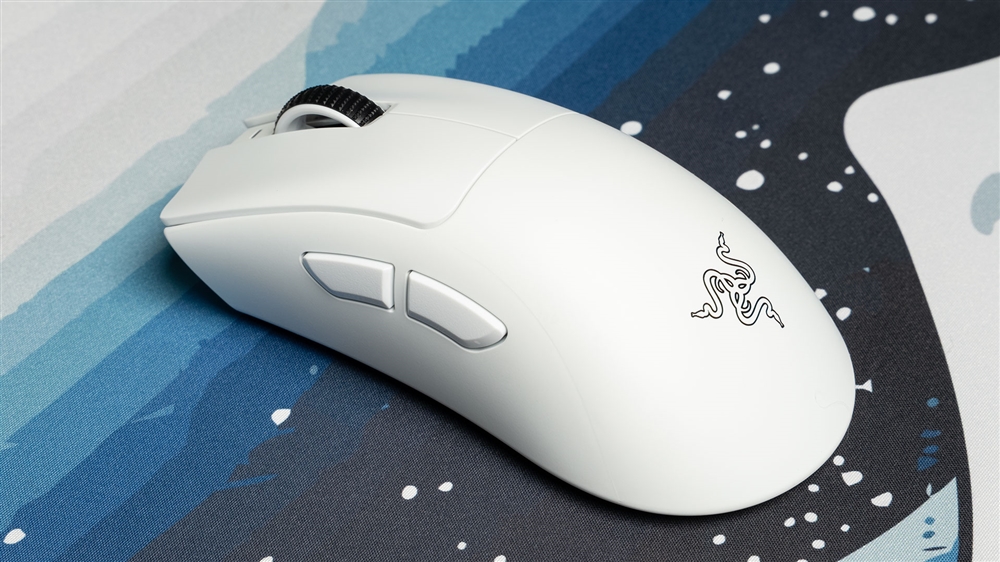NVIDIA, Intel, AMD Boost AI With Latest Chips At CES
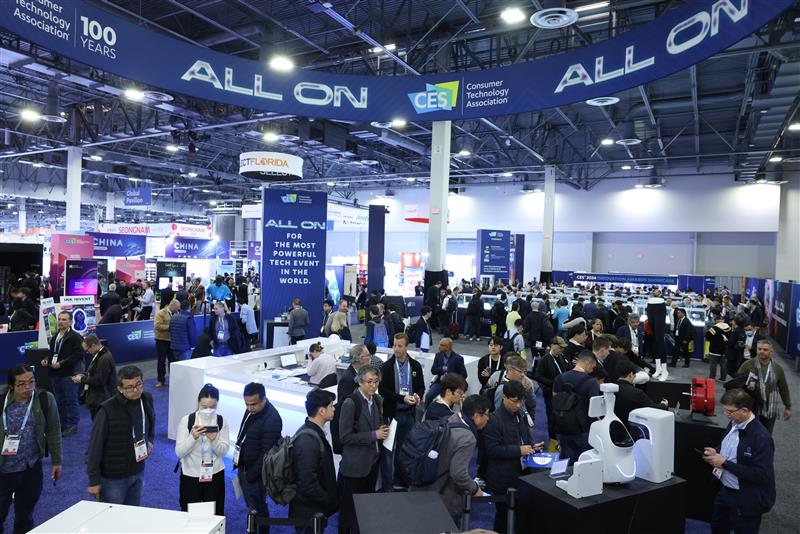 Photo: CES
Photo: CES
Intel announced its Core Ultra 200-branded CPUs, targeting devices for everyone from creators and hardcore gamers to thin-and-light laptop users.
AMD meanwhile showed off a series of performance-focused desktop and laptop chips, including the Ryzen 9 CPUs and "Ryzen AI" chips, aimed at Microsoft's Copilot Plus-branded PCs. AMD also showed its Ryzen Z2 mobile handheld PC ships, aimed at devices like the Valve Steam Deck.
NVIDIA said it plans to launch four models of its latest GPU, starting with the $549 RTX 5070, which NVIDIA CEO Jensen Huang said offers processing power comparable to the company's high-performance RTX 4090 GPU, which cost $1,599 when it launched in 2022. The now-leading $1,999 RTX 5090 is expected to provide twice the performance of its predecessor.
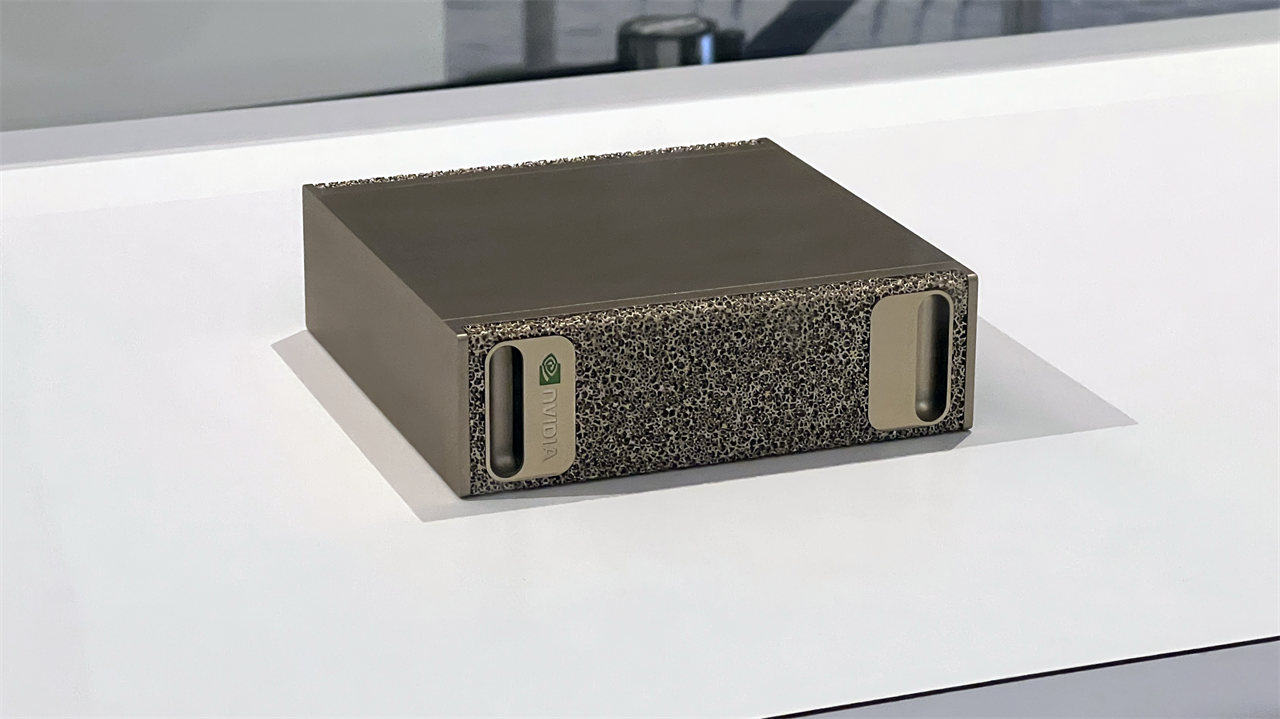
Photo: Dan Ackerman
The company also announced an AI desktop roughly the size of a book (or an Apple Mac Mini), but still capable of offering the super-computer smarts of the AI supercomputers it's been developing. It calls Project DIGITS "a personal AI supercomputer," and it will be powered by a specialized Linux-based OS NVIDIA calls DGX OS. The company plans to charge $3,000 when the device launches in May.
Intel's power management
Intel’s newest chips include AI-based power management features, with efficiency-focused "E-cores" as low as 35 watts. Intel also said chips like its Core Ultra 9 285H power some AI tasks more than three times faster than its predecessor. Meanwhile, the Core Ultra 9 285 offers nearly three times improvement for its graphics.
These chips, including those for enterprise customers, will be made available over the next couple months.
AMD's high performance and midrange CPUs
AMD announced a new lineup of chips including its Ryzen AI Max, Ryzen AI Max Plus and Ryzen AI Max Plus Pro, aimed at thin and light notebooks. The new chips, being made available in the coming months, offer upgraded neural processing units (NPUs) of up to 50 TOPs of AI processing for a laptop processor, in addition to mobile graphics technologies. These new chips, alongside new Ryzen AI 300 series entries, are designed for Microsoft's Copilot Plus PC laptops and desktops.
AMD announced its Ryzen Z2 series handheld gaming processors, offering its RDNA 2, RDNA 3 and RDNA 3.5 graphics technologies for devices as small as Valve's $399 Steam Deck.
AMD also showed off its latest GPUs, the Radeon RX 9700 XT and Radeon RX 9070, based on the company's RDNA 4 architecture, which includes the company's improved FidelityFX Super Resolution (FSR) 4 upscaling technology. AMD said the feature is designed for its Radeon 9700-series cards, which have new AI accelerator hardware built in. AMD told PCWorld its new FSR will offer "dramatic" performance and quality improvements over its prior versions.
Read all our CES 2025 coverage here.
Ian Sherr is a widely published journalist who's covered nearly every major tech company from Apple to Netflix, Facebook, Google, Microsoft, and more for CBS News, The Wall Street Journal, Reuters, and CNET.
Comment on This Post
See More Blog Categories
Recent Posts
This Week in AI: OpenAI Promises GPT-5 Changes
For Aug. 15, 2025: Perplexity bids for Google Chrome, Google adds "Create" tab to Photos, more impacts from AI energy needs, Elon Musk goes after Apple over OpenAI, companies still searching for AI profits.
Continue Reading About This Week in AI: OpenAI Promises GPT-5 Changes


